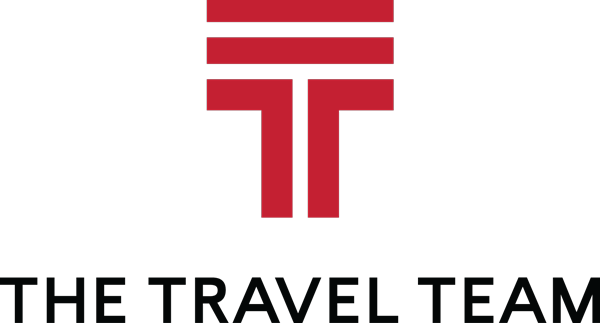As a corporate travel program grows, it’s more important than ever to stay organized without creating roadblocks for team members. Business travel compliance is essential for keeping spending predictable, supporting traveler safety, and maintaining streamlined systems. However, simply setting rules isn’t usually enough to get everyone on board. For travel managers, the real challenge lies in promoting corporate travel compliance without creating friction. With the right strategies and tools, travel managers can turn policy into a helpful guide, rather than a headache, for team members on the go.
What Is Travel Policy Compliance and Why Does It Matter?
Corporate travel policies form a framework outlining how team members should book, manage, and expense work-related travel. These policies set expectations and boundaries that help companies control costs, ensure traveler safety, and create consistency across departments. Strong corporate travel policies typically include guidelines concerning:
- Approved booking channels
- Spending directions
- Preferred vendors and negotiated rates
- Pre-authorized procedures
- Reimbursement and documentation rules
- Duty of care protocols
When companies create and consistently follow a well-structured travel policy, travel managers and executives gain predictability; travel expenses and other key components are easier to forecast and manage. The structure afforded by travel policies also removes potential areas of ambiguity, especially for travelers. Rather than questioning what is allowed or expected, clear guidelines eliminate uncertainties.
Create Clear, Actionable Travel Policies
Any kind of policy falls flat if team members don’t know the contents, understand what the policy entails, or don’t know where to access policy information. A good travel policy succinctly spells out key expectations in plain, straightforward language. Important details like how to book trips, who to book trips with, what can be expensed, and what kinds of trips are considered necessary should be detailed in policy documents. Providing a brief, searchable summary of main points goes a long way with travelers. Think of it as a go-to playbook that can be accessed from anywhere.
Make the Right Choice the Easiest One
When compliance demands extra steps and approvals, it becomes a chore for travelers. When the path of least resistance aligns with your policy, everyone wins. Modern booking and expense tools often allow leaders to embed policy directly into the process. Pre-approved vendors, automatic spending limits, and real-time alerts can gently guide travelers to make the right decisions without slowing them down.
Train Often and Keep Resources Readily Available
Don’t rely on one-and-done policy rollouts. Onboarding is an ideal time to introduce travel rules, but regular refreshers can be useful to help keep team members compliant. This could entail anything from travel checklists in company portals to short updates in team newsletters. A library of travel FAQs, tip sheets, and booking guides are nice resources that better ensure travelers always know where to turn when they have questions.
Get Travelers and Managers Involved
Another potential way to drive policy compliance is involving representatives from both sides: travelers and executives. Ask for feedback from team members who travel frequently. Are there parts of your current policy that feel out of touch or overly complex? Also, take the time to adequately explain why certain rules exist. A little context around budget targets, safety concerns, or vendor agreements can go a long way to shift perspectives and create trust.
Use Data to Guide, Not Punish
Instead of using compliance reports to single out individuals who don’t adhere to rules, use them as a lens to spot patterns and inform your strategy. Are certain rules frequently broken? If so, are there opportunities to provide more clarification or flexibility? Take a look at individual departments as well. Are some outperforming others? Recognize these factors and learn from them. The more clarity you have into travel behavior, the more effectively you can refine your policies and negotiate with vendors.
Stay Flexible in a Changing Landscape
Policies aren’t set in stone. As business priorities shift, especially with elements like hybrid work, virtual meetings, or sustainability goals, travel programs likely need to adapt. That means building in space for sensible exceptions, updating guidelines frequently, and avoiding rigid rules that don’t reflect current realities. Sometimes a little discretion is all it takes to help keep travelers happy and compliant.
Partner with a Travel Management Company
Travel managers don’t have to carry the compliance burden alone. A travel management company can offer tools that enforce your policy automatically, provide real-time traveler support, and generate the kind of detailed reports you need to stay in control. More than that, a TMC can serve as a strategic partner offering insights, negotiating better rates, and helping your program grow along with your business.




